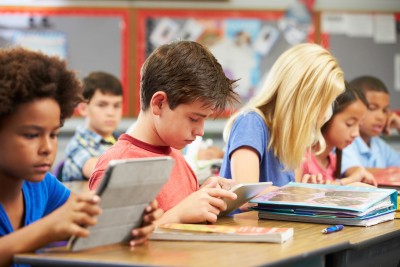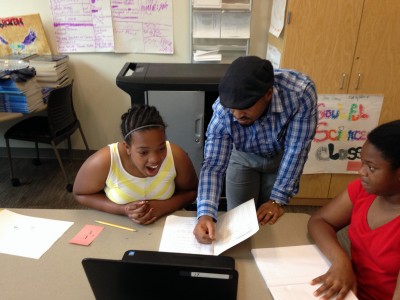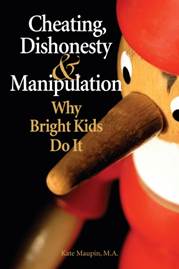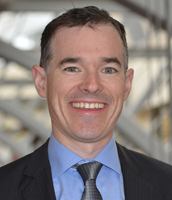Neag School of Education
Q&A: Get to Know the First Neag School Dean’s Doctoral Scholars
This fall, the Neag School is joined by the first group of Dean’s Doctoral Scholars selected from across the country – from Puerto Rico to New Orleans to New York – with such diverse interests as neuropsychology research and multicultural education. Here, Spotlight offers a brief introduction to each member of the inaugural class.
October 5, 2015 |
Neag School Math LEAD Initiative Supplies iPads to Local Middle School
Last month, Rojas presented 30 iPads and a charging cart to Windham Middle School in Windham, Conn., as part of Mathematics Literacy in English Across Disciplines (Math LEAD) – an initiative that seeks to improve math instruction for the school’s large population of English language learners (ELLs).
October 5, 2015 |
Neag School Team and P21 Partner to Release Research Briefs on 4Cs: Creativity, Critical Thinking, Communication, and Collaboration
P21, in collaboration with researchers from the Neag School, released a series of research briefs on key aspects of conceptualizing, developing, and assessing each of the 4Cs: Communication, Collaboration, Critical Thinking, and Creativity.
September 1, 2015 | Stefanie Dion Jones
Renzulli’s Gifted Education Programming Has Positive Impact in D.C.
The District of Columbia Public Schools (DCPS) discontinued their gifted education programs in 2005 – and had no plans to serve the city’s most talented learners. But when high-performing students started leaving DCPS for private schools in the suburbs or area charter schools in search of gifted programs, DCPS Chancellor Kaya Henderson began searching for a gifted education program. In 2012, DCPS turned to Professor Joseph Renzulli, Neag School of Education researcher and internationally known expert in gifted education, for help.
August 28, 2015 | Shawn Kornegay
Research Suggests That School May Not Benefit High-Ability Students’ Reading Achievement
Does school matter? Most anyone’s response would be, unequivocally, yes. And yet startling results from a recent research study suggest that, depending on the ability of the student, the answer may not be quite so clear-cut.
August 27, 2015 | Stefanie Dion Jones
Neag School Explores Greater Internationalization of Teacher Education With Visit to Germany
Few would likely dispute the enormous impact that globalization has had in recent decades on every aspect of civilization, from international commerce to technology to concerns about the environment. But where might education fit into this equation? As part of an ongoing effort to internationalize the Neag School’s IB/M teacher education program going forward, a […]
August 27, 2015 | Stefanie Dion Jones
Neag School’s New PreK-3 Leadership Program Highlights Importance of Early Childhood Education
Children who take part in early childhood education programs, research shows, are apt to reap the benefits for years to come. Not only are these children more likely to be more successful throughout their years in school, but also “to have jobs and to be contributing members of society” later in life, says Karen List […]
August 27, 2015 | Stefanie Dion Jones
Alum and First-time Author Explores Why Smart Kids Cheat
Neag alumna Kate Maupin ’08 recently won the 2015 International Book Award (IBA) for her first book, Cheating, Dishonesty & Manipulation: Why Bright Kids Do It (Great Potential Press, 2015). Beating out 1,200 entries from around the world, she captured the top prize in the education/academic category, revealing how “more than 80 percent of bright students self-reported that they had not only cheated in an academic setting, but also had never been caught.”
August 18, 2015 | Shawn Kornegay
New Faculty Members Join the Neag School
The Neag School of Education recently welcomed new faculty members through its continued effort to elevate the academic and research focus and help transform education.
August 18, 2015 | Shawn Kornegay
Neag Professor Receives IES Grant to Develop Literacy Program for Students with Disabilities
Neag School of Education faculty member Devin Kearns has received an $650,000 grant from the Institute of Education Services (IES), as part of a larger $1.6 million grant with other colleagues, to develop a middle school co-teaching program to encourage collaboration between content-area and special education teachers and to improve the reading skills and content-area knowledge of students with learning disabilities.
August 18, 2015 | Shawn Kornegay



